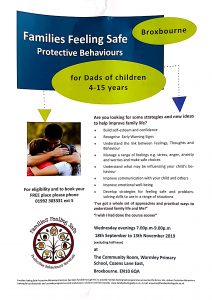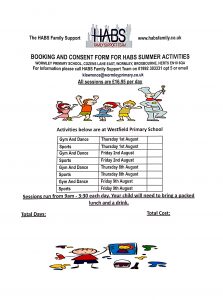Does COVID-19 affect children?
This is a new virus and we do not know enough yet about how it affects children or pregnant women. We know it is possible for people of any age to be infected with the virus, but so far there have been relatively few cases of COVID-19 reported among children. The virus is fatal in rare cases, so far mainly among older people with pre-existing medical conditions.
What should I do if my child has symptoms of COVID-19?
Seek medical attention, but remember that it’s flu season in the Northern Hemisphere, and symptoms of COVID-19 such as cough or fever can be similar to those of the flu, or the common cold – which are a lot more frequent.
Continue to follow good hand and respiratory hygiene practices like regular handwashing, and keep your child up to date with vaccinations – so that your child is protected against other viruses and bacteria causing diseases.
As with other respiratory infections like the flu, seek care early if you or your child are having symptoms, and try to avoid going to public places (workplace, schools, public transport), to prevent it spreading to others.





